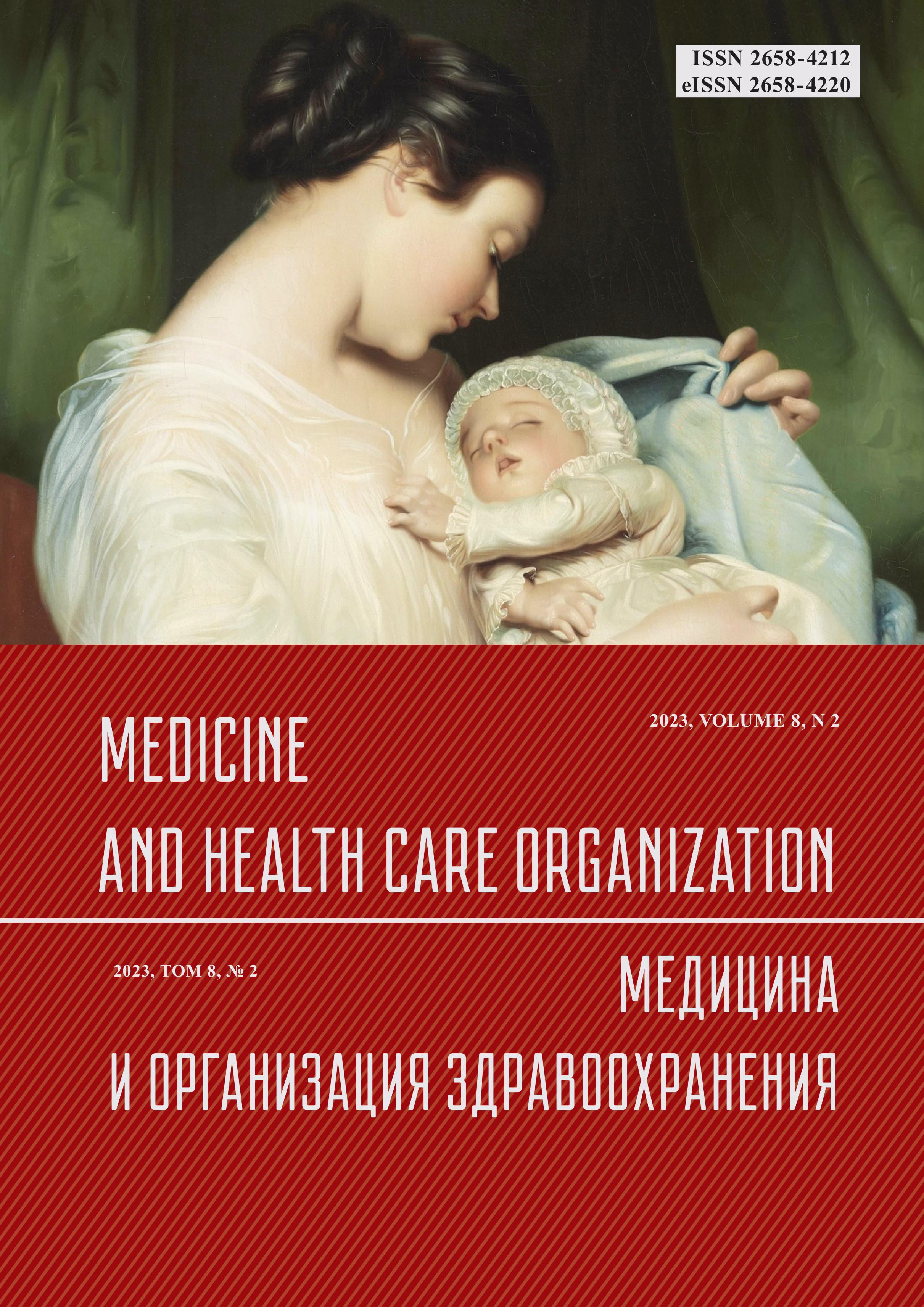SOME ETHICAL AND LEGAL ASPECTS OF MEDICAL CONFIDENTIALITY IN PEDIATRICS
Abstract
The article deals with the problems of ethical and legal regulation of medical secrecy. Special attention is paid to the legal regulation of medical secrecy in relation to children. This is due to the fact that an underage is a special subject of law who does not have full legal capacity, the replenishment of which falls on his legal representatives. The problem of patient’s confidentiality is closely connected with the right to informed voluntary consent of minors, as the decisive factor of being granted this right is children’s age: up to 15 years (up to 16 years for drug addicts) or those who have reached 15 years (16 years for drug addicts). The problems of legal regulation include absence of a clear procedure in the law for informing parents or other legal representatives about the state of health of children aged 15–18 years. In this regard, the analysis of articles of the Federal Law of November 21, 2011 was carried out. No. 323-FZ “On the basics of protecting the Health of citizens in the Russian Federation”, affecting the provisions on granting minors aged from 15 (or 16 for drug addicts) to 18 years of age the right to medical secrecy. Subsequent amendments made to Article 22 of Federal Law No. 323 of 31.07.2020 deprived them of this right, and legal representatives were given the opportunity to receive all information about the health status of their minors, including information about early pregnancy, sexually transmitted diseases, drug abuse, etc. The argument for such an innovation was the opinion that not all minors can cope with such problems on their own, as well as a reference to articles 56 and 63 of the Family Code of the Russian Federation, obliging parents to take care of the health of their children. Without having this information, parents will not be able to fulfill this obligation. At the same time, the legislator did not fix the obligation of a medical organization on its own initiative to provide information about the health status of a minor patient to his legal representatives. The reaction of adolescents to changes in the law depriving them of the right to medical secrecy was generally negative; being mainly effected by psychological features of the transition age, negativism and protest inherent in adolescents, unwillingness to be under the care and control of parents, etc. The article offers some solutions of these problems. This study confirms that medical secrecy is one of the topical and vulnerable topics of ethical and legal regulation of medical activity, especially in pediatrics.



